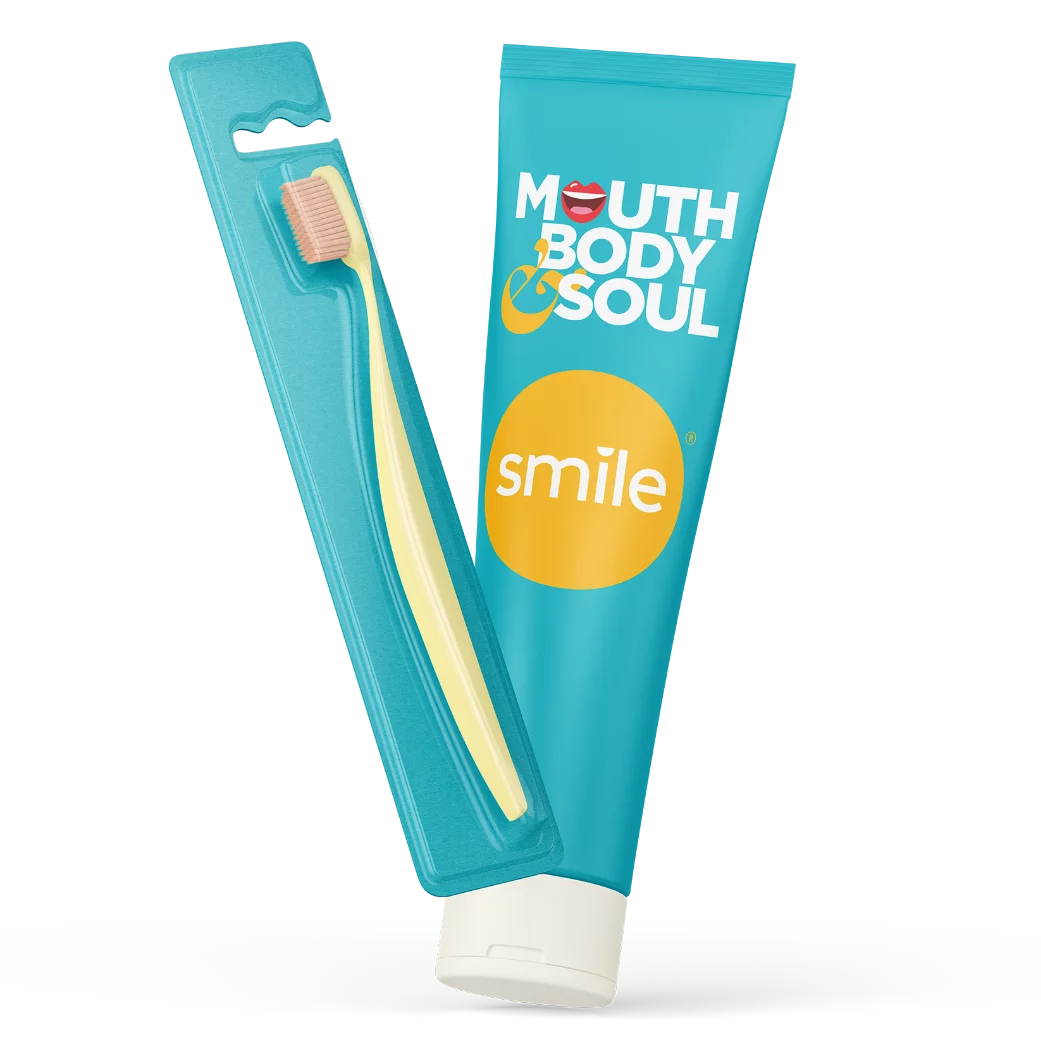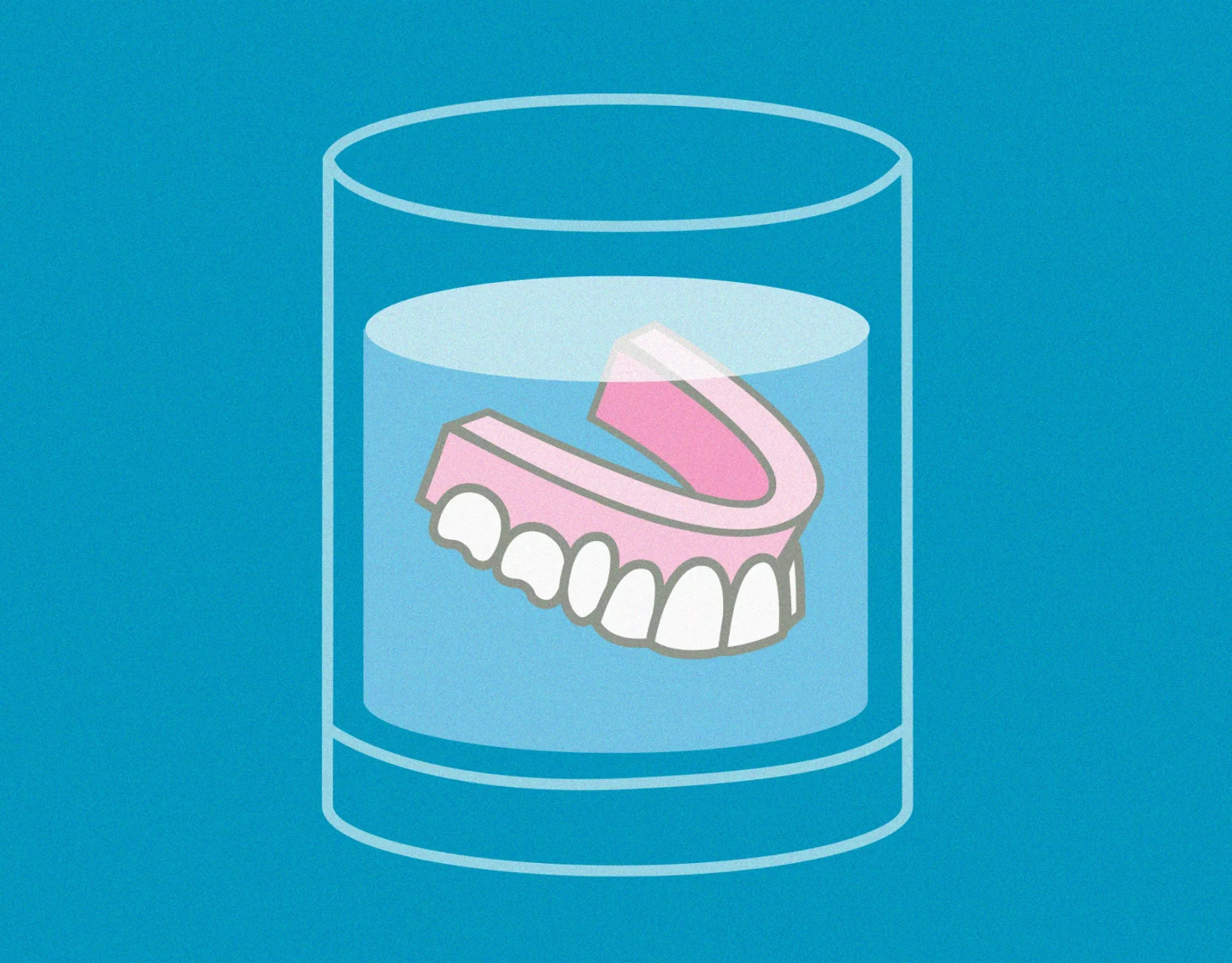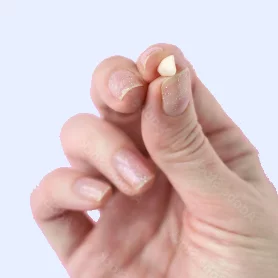How can we help?
- OVERVIEW
- ROUTINE CLEANING
- DENTAL HYGIENE
- CANCER SCREENINGS
- X-RAYS/IMAGING
- DENTURES
- DENTAL SEALANTS
- FLUORIDE TREATMENT
- FILLINGS
- SEDATION DENTISTRY
- DENTAL CROWNS
- BRIDGES
- ORALFITNESSCHECK
The Benefits of Dentures
Whether it be from an accident, decay, or disease, patients who have lost some or all of their teeth can benefit from dentures. Without the support of teeth, the mouth may collapse onto itself and the face can shrink. Most importantly, dentures support the facial muscles along the jaw and chin – and be the ideal solution for your smile.



Book an Appointment Today
You deserve to feel confident about your smile, no matter the situation. Smile Generation-trusted offices offer quality and affordable solutions.
Got questions?
If you have questions about dental hygiene, we saved you the trouble and provided answers to commonly asked questions. Find your answers just a click away.
Dentures are an option to replace missing teeth, whether it be complete or partial dentures. Full dentures, commonly known as complete dentures, fit over your gums and are used when the patient is missing all of your teeth in the upper and/or lower jaws. Your dentist will likely recommend full dentures because you do not have any natural teeth to support a bridge. Partial dentures are used when you have one or more teeth missing and are also referred to as removable bridges. Partial dentures attach to natural teeth and have a metal framework and clasps.
Complete dentures can be held in the mouth by making a seal with the gums or by using dental implants. These options provide stability for the dentures, ensuring proper functionality and comfort.
Individuals who have lost some or all of their teeth, regardless of age, can benefit from dentures. The primary requirement for getting dentures is the presence of missing teeth, whether due to an accident, decay, or disease.
The two main types of dentures are partial and complete. Partial dentures are designed to fill gaps when some natural teeth remain, while complete dentures aim to replicate the entire set of teeth. Complete dentures can be either conventional or immediate.
Related Posts
Sources
Colgate. (n.d.). What Are Dentures? https://www.colgate.com/en-us/oral-health/dentures/what-are-dentures
MedicineNet. (n.d.). Dentures. https://www.medicinenet.com/dentures/article.htm
Aspen Dental. (n.d.). Dentures: What to Expect When Getting Dentures. https://www.aspendental.com/dentures
American College of Prosthodontists. (n.d.). Dentures FAQ. https://www.gotoapro.org/dentures-faq/
WebMD. (n.d.). Dental Health and Dentures. https://www.webmd.com/oral-health/dental-health-dentures



















